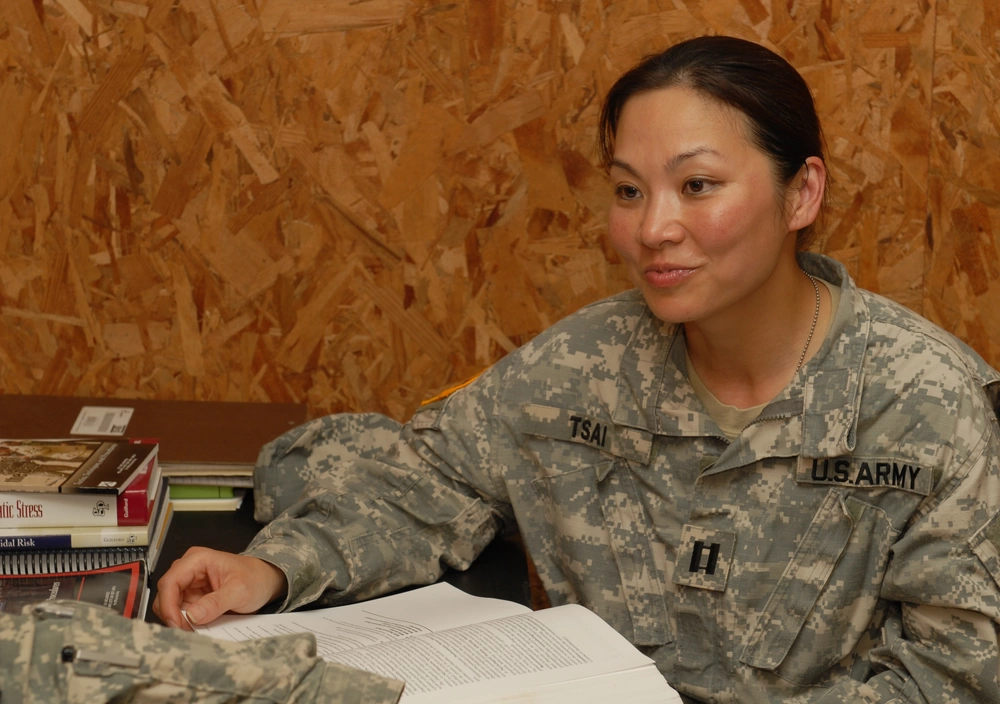In the realm of military psychology, psychologists play a pivotal role. They shoulder the responsibility of supporting service members. These brave individuals often experience traumatic events. One might compare this to a civilian strolling through a serene Brooklyn park, only to witness a sudden, violent incident– a ‘brooklyn trauma.’ This event could disorient and distress the civilians. Similarly, service members face demanding situations during their service, imposing significant psychological burdens. The role of psychologists becomes crucial in these scenarios. They help service members navigate through their experiences, just as a guide might help the civilian understand and move beyond the ‘Brooklyn trauma.’
The Scope of Military Psychology
Military psychology extends beyond the battlefield. It covers areas like training, selection, performance, and leadership. Psychologists work to ensure the optimal psychological well-being of service members. They also assist in transitioning back to civilian life.
The Role of Psychologists
Psychologists provide a gamut of services. They conduct assessments, provide counseling, and develop training programs. Their role is essential in creating a supportive environment for service members.

Military Psychology vs Civilian Psychology
While both military and civilian psychologists aim to improve mental health, their approaches differ. Military psychologists often deal with unique stressors related to combat and relocation. Civilian psychologists, on the other hand, treat a broader range of mental health issues.
| MILITARY PSYCHOLOGY | CIVILIAN PSYCHOLOGY | |
|---|---|---|
| Focused Stressors | Combat, Relocation | Various |
| Assessment | Selection, Fitness for duty | Clinical diagnosis |
| Treatment | PTSD, Acute Stress | Depression, Anxiety, etc. |
Conclusion
The role of psychologists in the military is significant. They assist service members through their journey, helping them overcome ‘Brooklyn trauma ‘-like scenarios. They are there to offer guidance, support, and a path back to psychological health.

